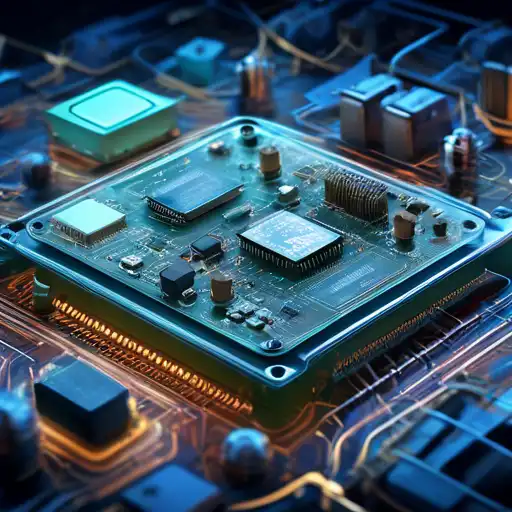The Hidden Intelligence: How Embedded Systems Power Our Smart Devices
In the digital age, embedded systems have become the unsung heroes behind the functionality of smart devices. From smartphones to smart refrigerators, these compact computing systems are designed to perform dedicated functions within larger systems, making our devices smarter and more efficient.
Understanding Embedded Systems
Embedded systems are specialized computing systems that do not look like computers. They are embedded as part of a complete device, often including hardware and mechanical parts. These systems are designed to perform specific tasks, with real-time computing constraints, making them integral to the operation of smart devices.
The Role of Embedded Systems in Smart Devices
Smart devices rely on embedded systems for their intelligence and functionality. These systems process inputs from the device's sensors and execute commands to perform tasks. For example, in a smart thermostat, the embedded system processes temperature data and adjusts the heating or cooling system accordingly.
Key Features of Embedded Systems
- Real-time operation: They respond to inputs in real-time, making them ideal for applications where timing is critical.
- Low power consumption: Designed to operate efficiently, often on battery power, to extend the device's lifespan.
- Compact size: Their small footprint allows them to be integrated into devices without adding bulk.
- High reliability: They are built to perform their tasks consistently over long periods without failure.
Future Trends in Embedded Systems
The future of embedded systems is closely tied to the growth of the Internet of Things (IoT). As more devices become connected, the demand for sophisticated embedded systems that can handle complex tasks and communicate over networks will increase. Innovations in artificial intelligence and machine learning are also expected to enhance the capabilities of embedded systems, making smart devices even smarter.
Conclusion
Embedded systems are the brains behind smart devices, enabling them to perform tasks that make our lives easier and more connected. As technology advances, these systems will continue to evolve, driving innovation in smart devices and the IoT. Understanding the role and potential of embedded systems is essential for anyone interested in the future of technology.
For more insights into how technology is shaping our world, check out our articles on technology trends and the Internet of Things.
